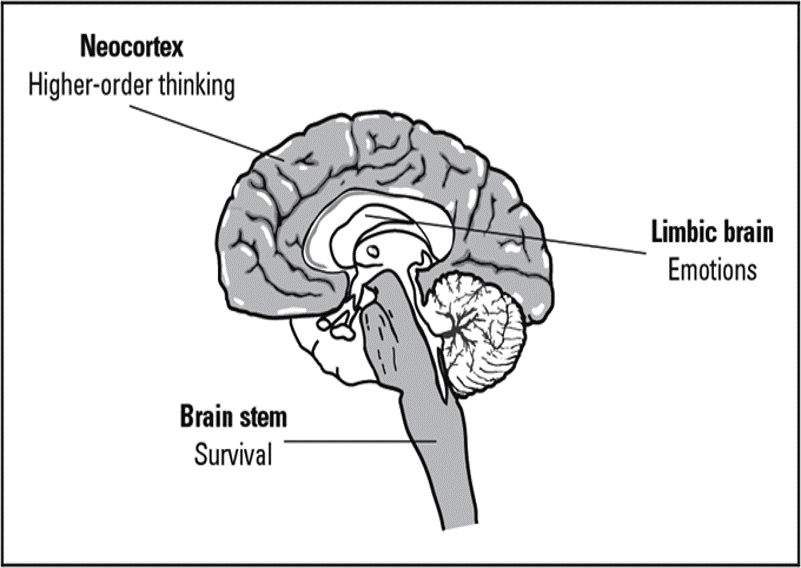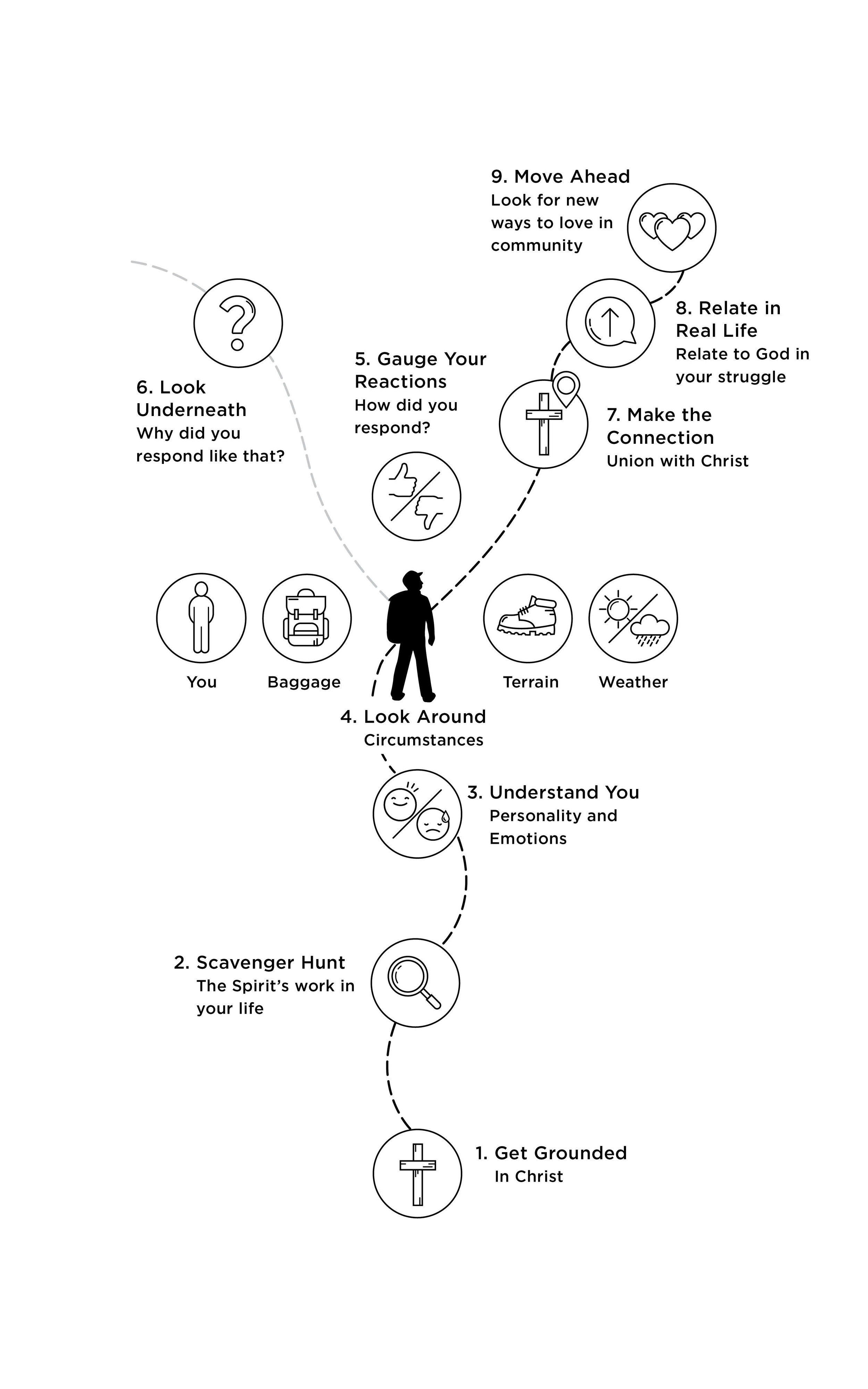The Key to Change
/Union with Christ
Ready to Turn Right
Over the past few blogs, we've looked back to what Christ has done for us and how his Spirit is at work in us. We've looked around us at our circumstances. We've looked down the left fork—our negative responses and the desires that drive them. So how do we go about actually taking the right fork—choosing moment by moment to do the right thing? That's where we are headed beginning in this blog and the ones to follow.
The More You Know?
So how does ongoing change happen? We tend to think that if we just know the right things, change will follow. It’s the approach taken by the public service commercials on American TV. The commercial briefly describes the social problem (teenage pregnancy, obesity, heart disease, etc.), and then provides some helpful advice to address the problem. The commercial always ends with this statement: “The more you know.” In other words, Right thinking will lead to right behavior. We might call this a cognitive-behavioral approach. Research shows that very few people actually follow the advice that is given.
Many professing Christians approach the Christian life in the same way. The thinking is that if you struggle with worry, lust, gossip, greed, anger or addictions (you pick your problem), the best way to change is through awareness and information. “The more you know…”
It’s true that knowledge is important. If that weren’t true, then writing and reading this blog would be useless! Change won’t come if we don’t think rightly. But there is so much more to it than facts. After all, I know how I ought to treat my wife; but sometimes I don’t treat her in the way I know I should. I know what the speed limit on the freeway is; that knowledge alone does not mean I will change my driving habits. There must be another dynamic in addition to right thinking.
It's All About Relationship
Union with Christ
At first sight, it might seem that Paul agrees with the cognitive-behavioral approach. He says in Romans 12 v 2:
Do not conform to the pattern of this world, but be transformed by the renewing of your mind. Then you will be able to test and approve what God’s will is—his good, pleasing and perfect will.
So, renewing your mind leads to transformation, right? Not quite—because when Paul talks about the mind, he’s talking not just about our intellectual capacity, but our inner person. If we were neuroscientists, we might say that Paul is speaking about the linkage between the rational brain and the emotional brain. But actually, Paul’s talking about something spiritual here—any biological change is enabled by God’s grace anyway! He is describing the part of someone that makes them tick; the central core of who a person is and what they live for. For Paul, if you are not changed at the core of who you are, change in your behavior will not follow. Real change begins at the level of what we honor, treasure, adore and worship on a daily basis.
This is how commentator William Hendricksen states what Paul means in these verses:
Paul does not say, ‘Substitute one outward fashion for another.’ … What is needed is ‘transformation,’ inner change, the renewing of the mind, that is, not only of the organ of thinking and reasoning but of the inner disposition; better still, of the heart, the inner being.
In other words, change must happen at a deeper level than just thinking and behaving.
What does this look like practically? It is more than talking to yourself and trying to convince yourself to change. It involves more than telling yourself to not worry, or get angry, or look at pornography because it is wrong. It is more than thinking positive thoughts (even biblical ones). It is even more than reminding yourself of who you are in Christ!
It involves talking to and relating to Christ in the midst of your anxiety, anger and addiction, or whatever your battle is. Since God is personal, change will be the result of you relating to him personally as you struggle. Because when you relate to Jesus in this way, gratitude and joy for his grace begin to work their way down deep into your soul. This is what drives true change! Relating to Jesus in this way could be called Christian meditation. It can be done alone in a quiet place or right in the middle of a hectic day—essentially, this word describes what it means to enter into a relationship and converse with a personal, loving, gracious God.
So here is the right way to approach change: right relating to God based upon right thinking about God will lead to right living before God. This does not mean it will be easy to overcome your struggles, nor does it mean that change will happen automatically or quickly. Rather, it will happen gradually over time. But it will happen.
In chapter 7 of Unstuck: A Nine-Step Journey to Change that Lasts, I consider how the various ways that our union with Christ is described can be used as a means of connecting with God in practical ways while facing temptation and suffering.










